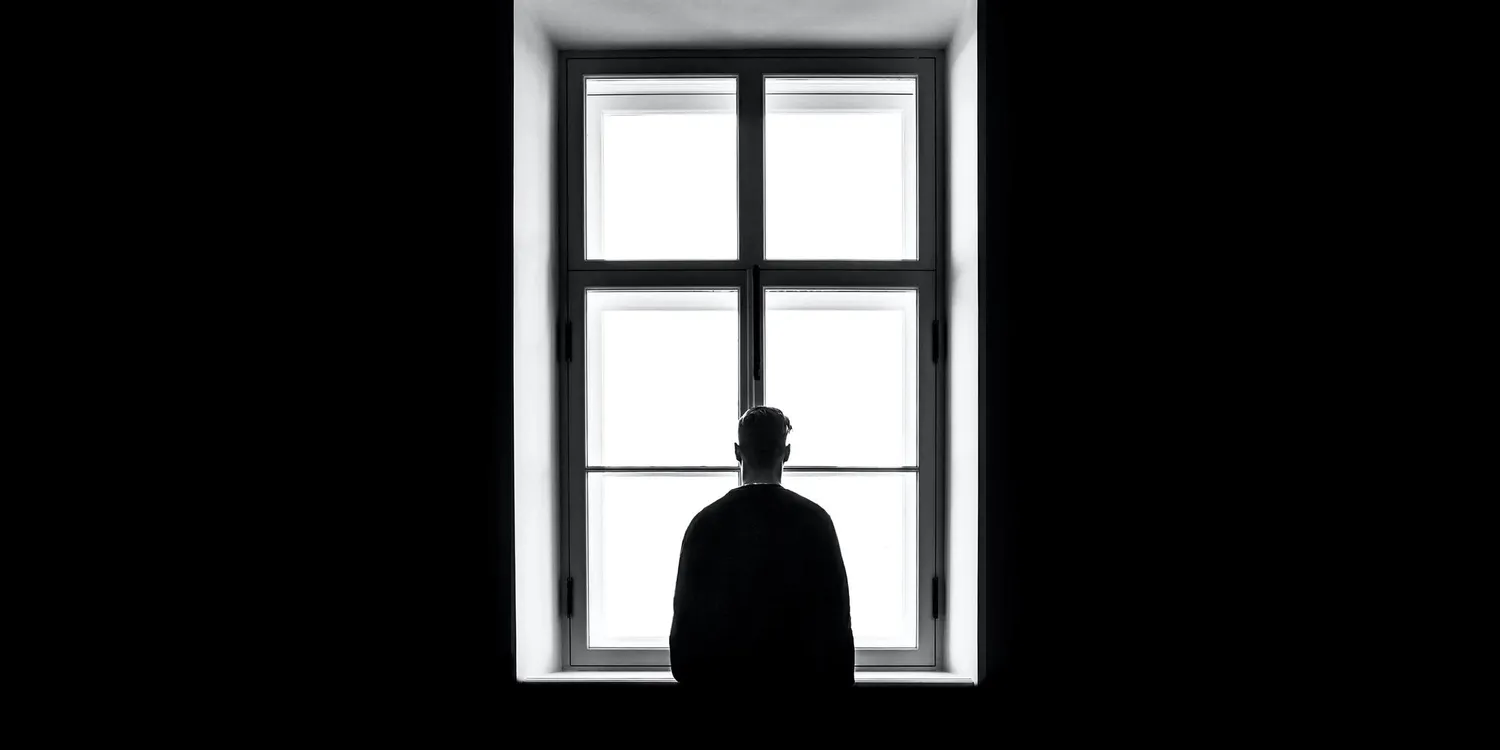06 May 2022
What is it?
This week is the 2022 mental health awareness week in the UK. This happens every year and it’s a chance to really think and reflect on our own and others around us. Mental health has been more widely and openly spoken about in recent years – more people are accepting that this is something which is vital to every human. If someone is struggling with something mentally if it isn't dealt with can lead on and have massive negative impacts on individuals’ lives. Previously a lot of people were afraid to speak about mental health as they might not be taken seriously or they might think that it is a weakness in themselves.
It is important to highlight that everyone has mental health and that isn’t something to be ashamed of. Mental health awareness week aims to shine a light on this and how we can better our mental health. This year the theme is loneliness. Especially after the pandemic a lot of people have become isolated and lonely. The vast impact Covid-19 has played into loneliness and addiction is huge.
How does loneliness relate to addiction?
In terms of what we do loneliness and addiction often go hand-in-hand. The cycle goes round and round. Loneliness often sparks addiction but also suffering from addiction often creates isolation and loneliness. Loneliness is addictive also.
Some individuals who are dependant on alcohol, drugs or some type of behavioural addiction to ease and suppress negative feelings can create loneliness.
This could be the start of the cycle. As an individual gets further into their addiction that is what their primary focus is on. Often people will start to isolate themselves from family and friends due to the addiction overriding their priorities. The individual may feel like no one understands how they feel and what it is like to have an addiction which may in turn cause more friction or conflict. They may not understand why you can’t just stop your addiction and by excluding yourself from the people who are concerned but don’t fully understand.
Sobriety is another part in the addiction recovery process which may raise concerns about loneliness. When an individual starts their recovery journey, they may not be able to do the things they used to do with friends they had at the time. For example, going on a pub crawl. By choosing sobriety, you are choosing a new lease of life. If the individual doesn't come to terms with this or old friends don’t accept their sobriety or have their best interests at heart then it can become lonely.
How to help deal with loneliness and addiction?
- Don’t be scared to reach out
- Join a fellowship
- Make friends with others in recovery that are able to understand you
- Take up a new hobby – painting, pottery, dancing, walking a dog or going to the gym.
- Meditation, though a solitary activity, is also important to nurture the mind and develop a healthy mind/body relationship, increasing mindfulness and well-being. Meditation teaches you the difference between loneliness and solitude, which means feeling at peace with yourself even when you are alone.
- Plan to spend quality time with family and friends. A strong support system can reduce the risk of depression, self-harm, and aid individuals recover from addiction. Reach out and show up for meetings and gatherings. Communication is key to helping your loved ones understand the situation and recovery process.
Treatment addresses the addiction problem holistically, mentally, emotionally and physically. The same as seeking help from a support group. The fellowship is there to replace the addiction and fight the potential loneliness.
We’re here to help
If anything in the above article has triggered any concerns or questions do not hesitate to contact our specialist treatment advisors who can answer any questions you may have. It’s just an informal chat and they can help you out with what they think you or your loved one may need.
